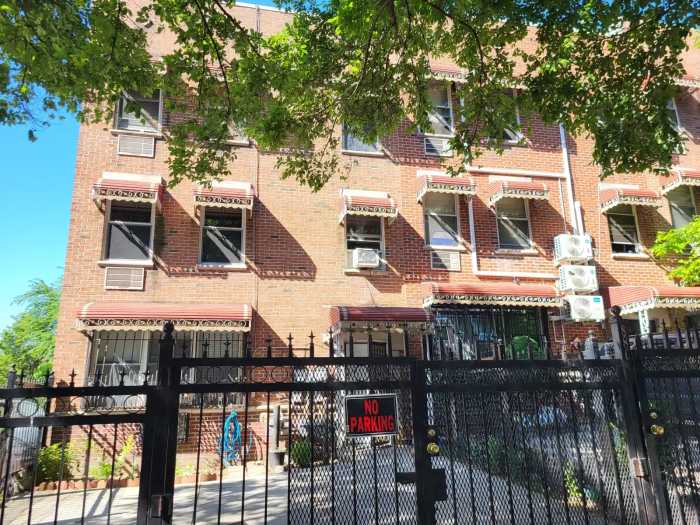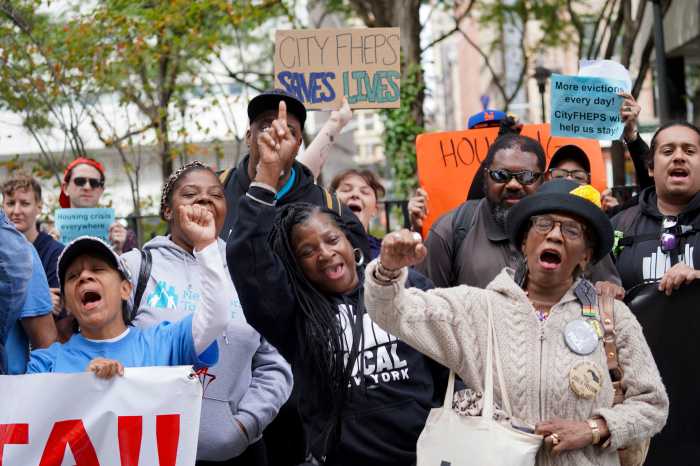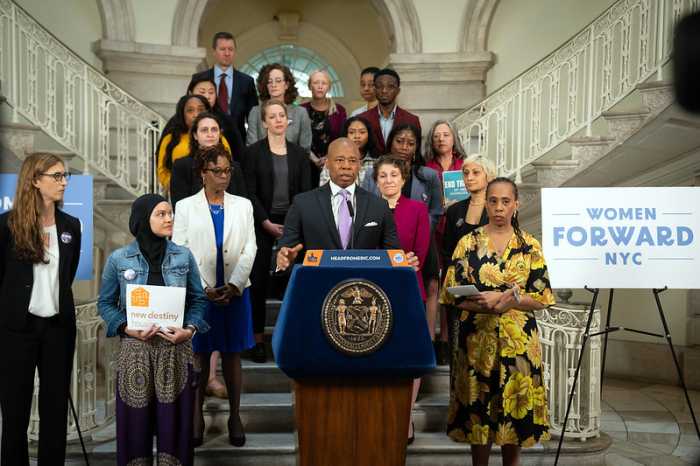Tens of thousands of working-class New Yorkers scraping by to live in this increasingly expensive city are reliant upon various vouchers just to pay the rent and keep a roof over their families’ heads.
One program is the federally supported Section 8 housing voucher that subsidizes rent for qualified low-income individuals and families to lease a home in the private market. The city also has its own voucher program called CityFHEPS, which helps individuals and families find and keep a home; this program is particularly important to help end homelessness.
Yet both of these programs are in deep trouble — as are all those reliant upon them.
The Trump administration, in its “big beautiful bill” for spending that squeaked through the House and now is under Senate consideration, wants to cut housing vouchers like Section 8 in New York and around the country, citing alleged concerns about fraud and waste.
Meanwhile, the city is now spending more than a billion dollars annually on CityFHEPS — an unsustainable rate, according to the watchdog Citizens Budget Commission, without another source of funding to help pay for the program.
Meanwhile, the demand for housing vouchers is only growing in a city with a historically low vacancy rate and skyrocketing rents. And the Rent Guidelines Board is on the verge of approving yet another rent increase later this month for stabilized apartments.
In short, the housing affordability crisis is not anywhere close to being resolved in New York. The need for more financial housing assistance is clear. If the federal government slashes spending on housing assistance, the city and state cannot possibly make up for the lost funding, and this crisis will quickly devolve into a dystopian catastrophe that threatens the very future of New York City.
Without question, this crisis cannot be resolved on vouchers alone. Expanding the housing supply through construction and zoning changes will help make rents more affordable, but that is a long-term solution. Vouchers are the best and most effective short-term solution to affordability that the city has at its disposal.
It is incumbent upon New York’s Senators, Chuck Schumer and Kirsten Gillibrand, to stop any Section 8 cuts dead in their tracks. They and their colleagues in the New York City House delegation must work together to ensure that the city gets more, not less, financial aid from the federal government to keep New Yorkers in their homes in a negotiated spending deal.
Housing vouchers have become, to borrow a phrase, too big to fail. If the voucher system fails, so does New York.






































